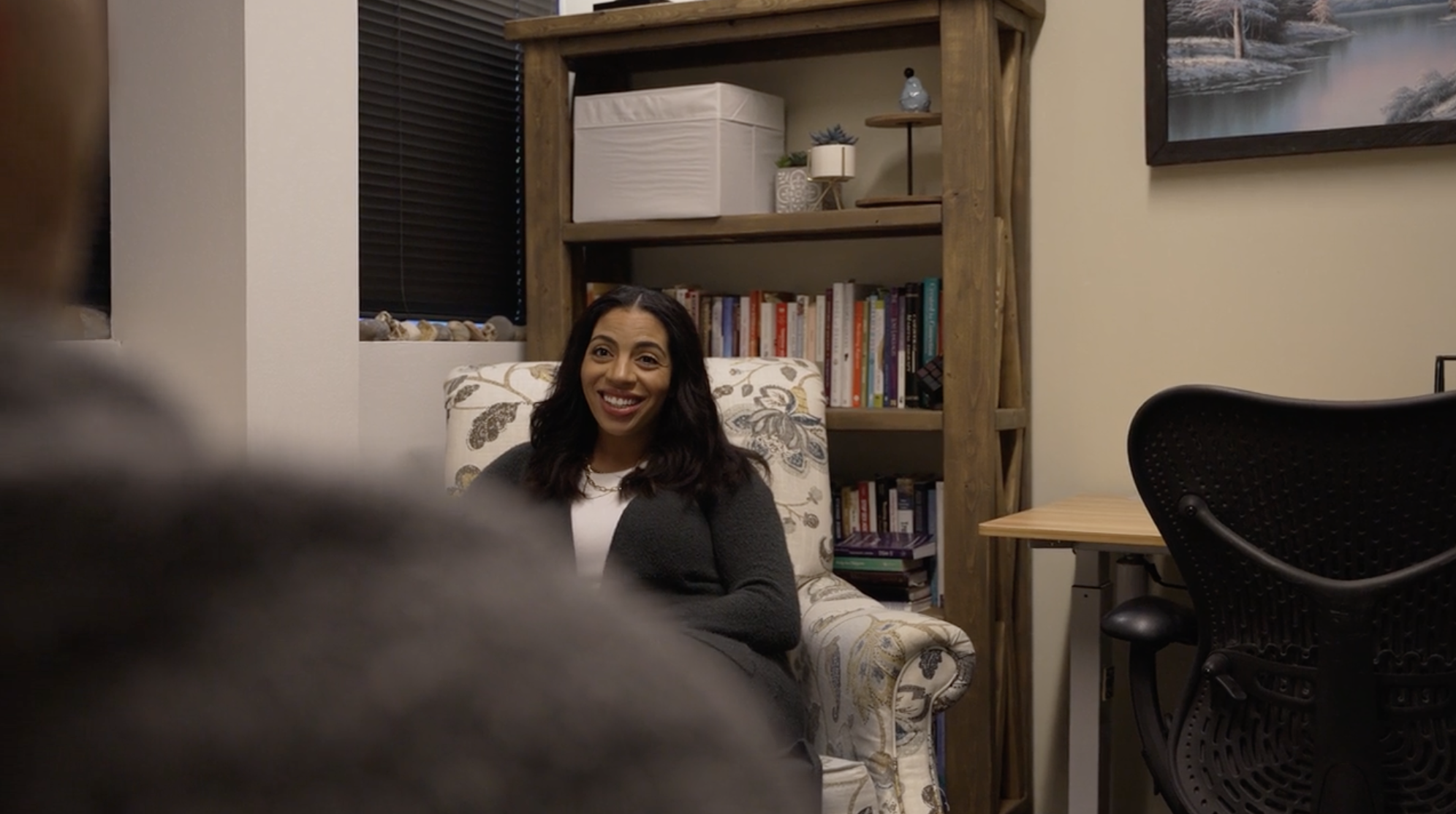
Frequently Asked Questions
What can I expect when I reach out to inquire about counseling?
When you inquire about counseling, you can expect a response within 4-24 hours, resulting in a friendly conversation with our New Client Coordinator where she will ask a few questions about your reasons for seeking therapy, any requests for a therapist, and payment preferences. she can also answer any questions you might have. Once you are matched with a therapist who best fits your needs, your therapist will contact you directly to discuss next steps.
What can I expect for my first counseling session?
You can expect warmth, understanding, and curiosity. Your counselor will explain a bit about how the counseling process works, including confidentiality, and they’ll answer any questions you may have. They’ll want to hear about what has brought you into their office and what you’d like to see change. You can expect your counselor to start to think about what types of counseling might be best for your situation.
After your first session, your counselor will start to formulate a treatment plan based on your goals. They’ll develop objectives to help you meet those goals and identify which counseling modalities they will use. Counseling is a blend of mystery and intentionality — your counselor will work with what you bring each week to help you move toward greater health, wholeness, and your desired goals.
If I need the assistance of medication will it change my personality? How does one cope with that?
It is true that meds prescribed for mental health can have a variety of effects and it can take awhile to find the right effect and the right dose for you. However, medications rightly dosed and prescribed are generally not personality-altering, but rather symptom-managing. Staying in close communication with your treatment provider about your specific concerns as you are trying a new medication can be very helpful.
What “spiritual” practices do you see helping people with mental health that the church has traditionally disregarded or prohibited?
The church in North America (our context) has often struggled to integrate emotional health without over-spiritualizing feelings away. Emotions have been at times regarded with suspicion and unreliable indicators that must be corralled or taken captive by the mind or will. Such a posture creates an unnecessary dis-integrating effect that leads people to fragment. Practices such as mindfulness, when practiced in conjunction with a robust Christian theology, can in fact be a very meaningful gift to us like many expressions of general revelation.
How do religious "rules" prohibit mental health progress and where do you see them promote thriving?
The apostle Paul once said in his letter to the church in Colossae, that religious rules constrain the external behaviors, but are inadequate to deal with the underlying structures of the heart and produce lasting transformation. Any external rule that is divorced from a holistic approach to what it means to be made in God's image will unnecessarily fragment us. Many Christians have desired to preserve truth as they understand it, but perhaps out of fear, have resisted other expressions of general revelation and common grace that come to us through ancient practices. There is nothing unclean in and of itself as part of God's created order, therefore Christian's must discern their own conscience when it comes to determining how to adopt practices outside their comfort zone.
How important is accountability in addiction recovery?
Brene Brown said, "the opposite of addiction is not sobriety, it is connection." So if accountability means loving and supportive connection that enables a person to slowly integrate their neurological system back to a regulated state, then yes accountability is vital to recovery. Unfortunately, recovery often has been short-circuited by well-intentioned believers who seek to uphold a standard of behavior, but unintentionally reinforce the shame driving the addiction cycle.
